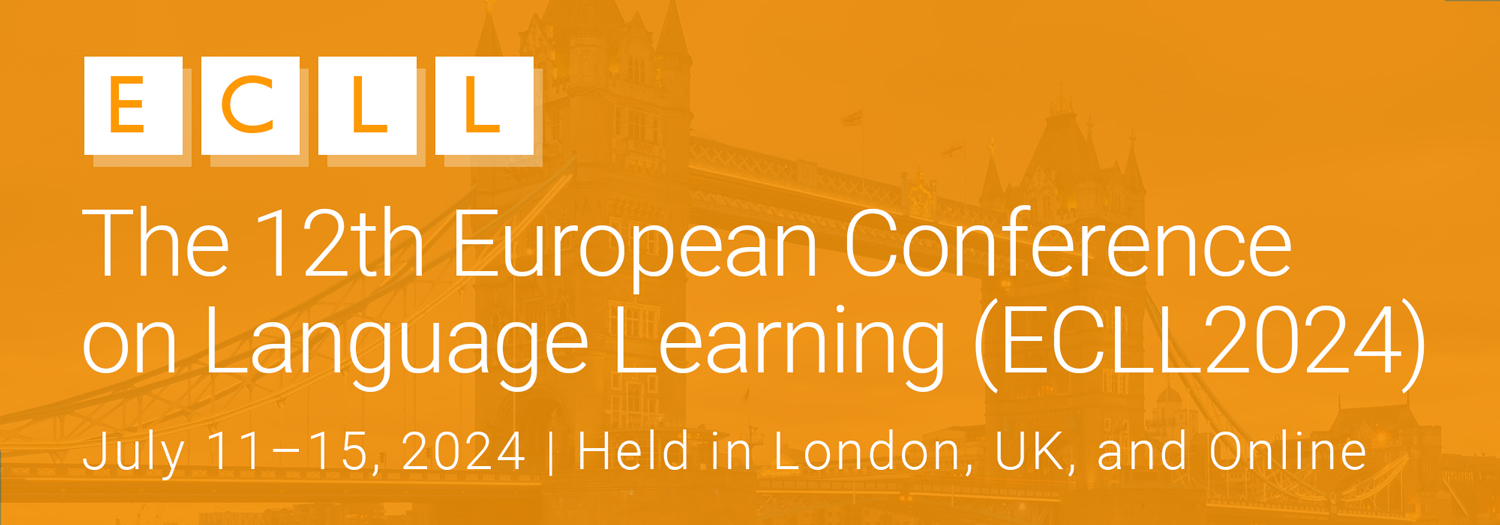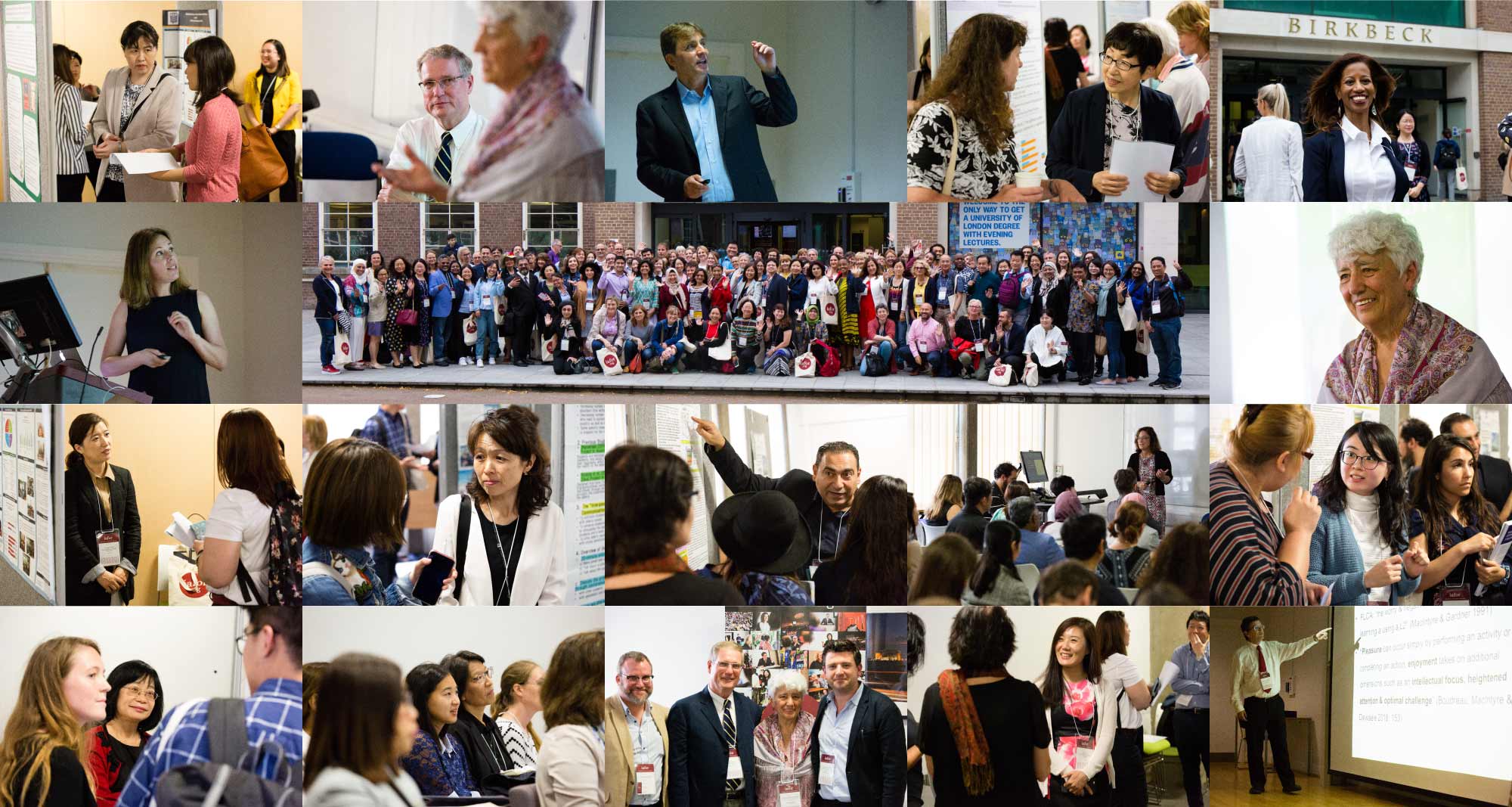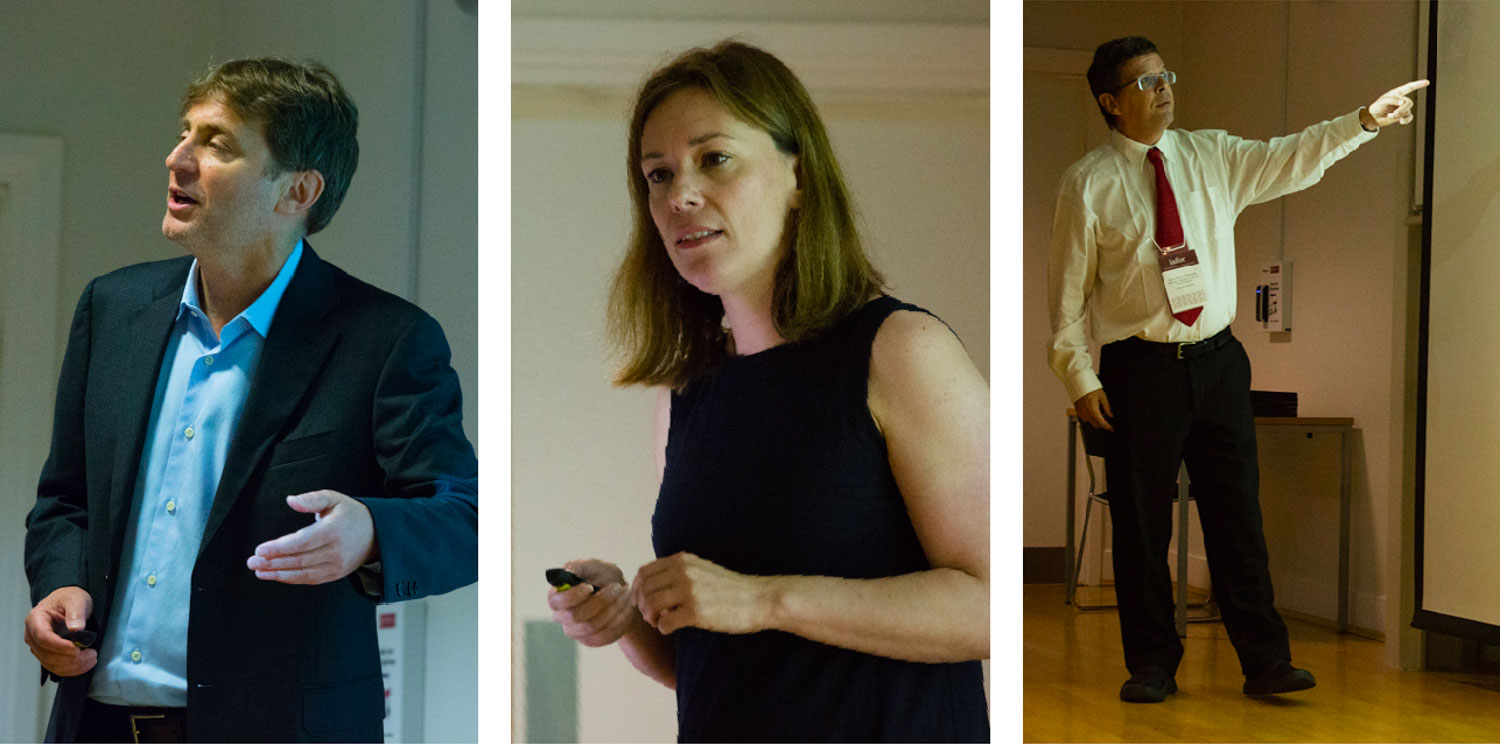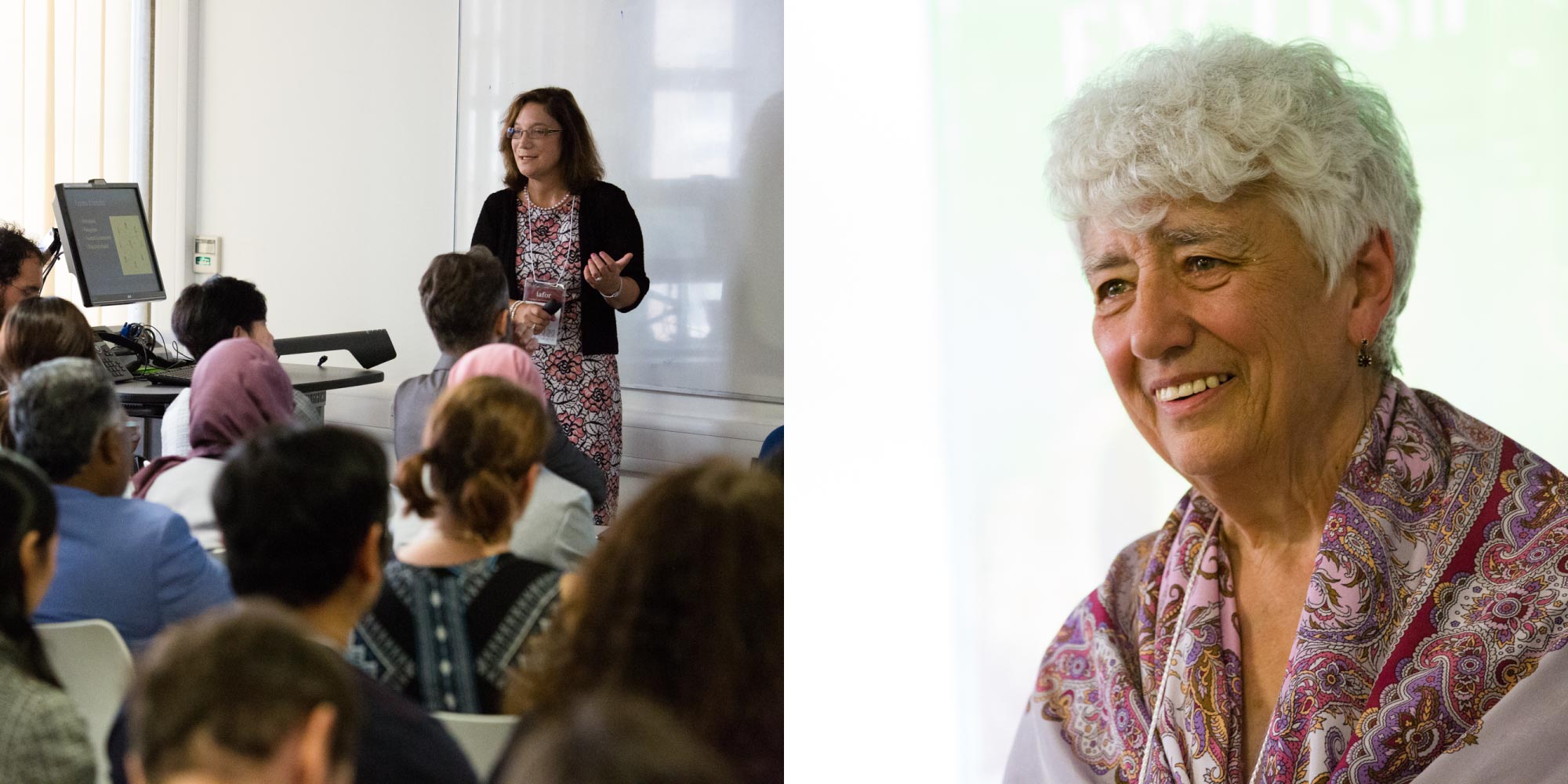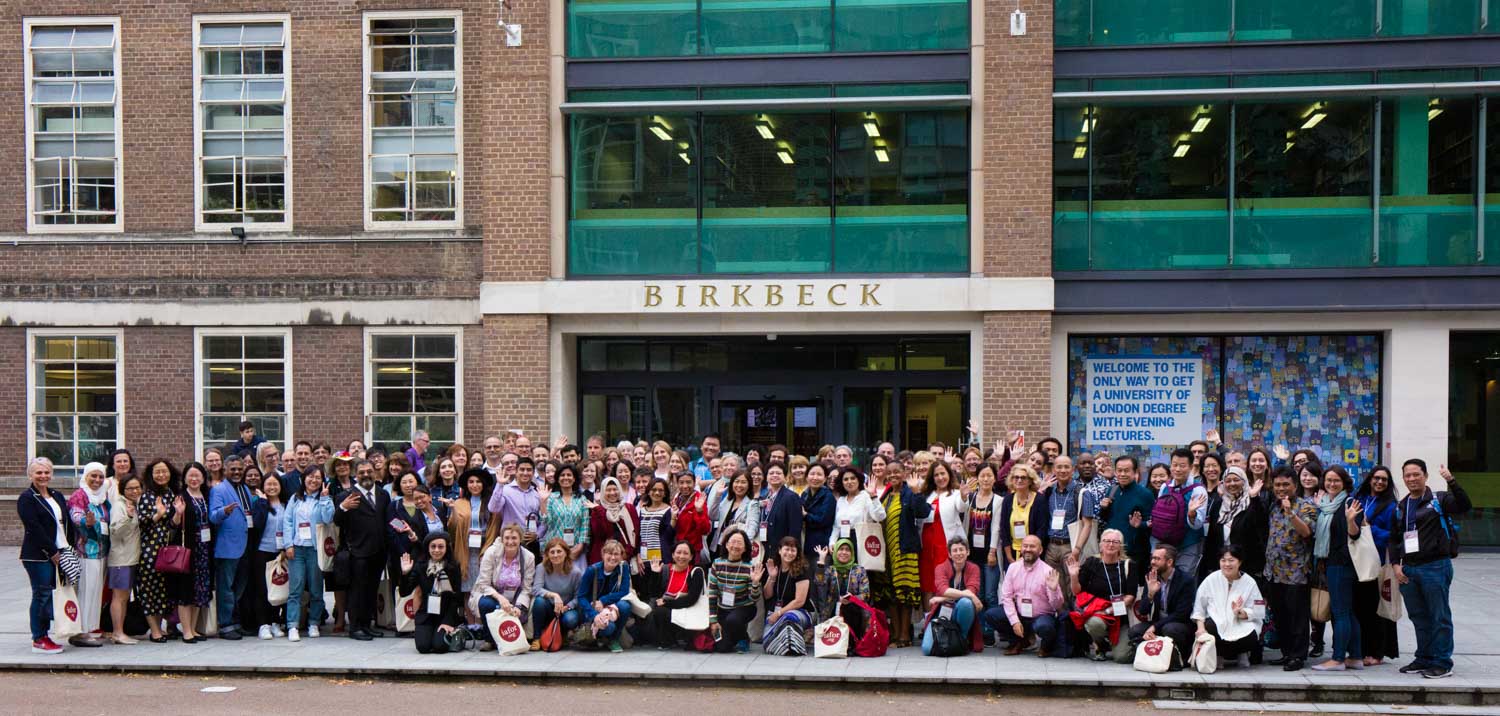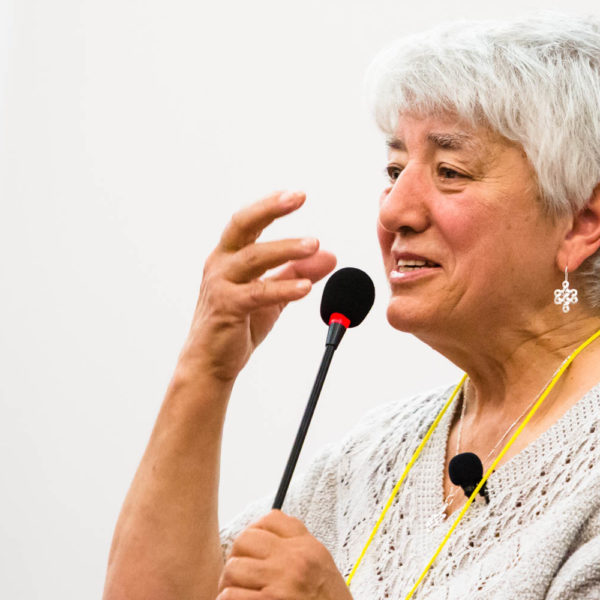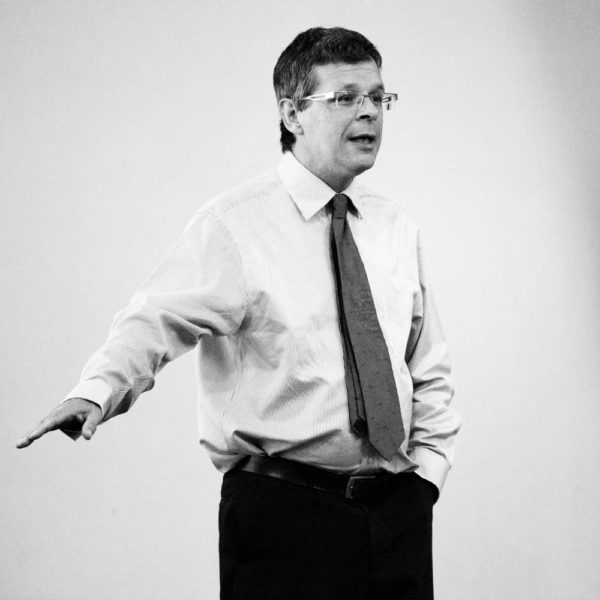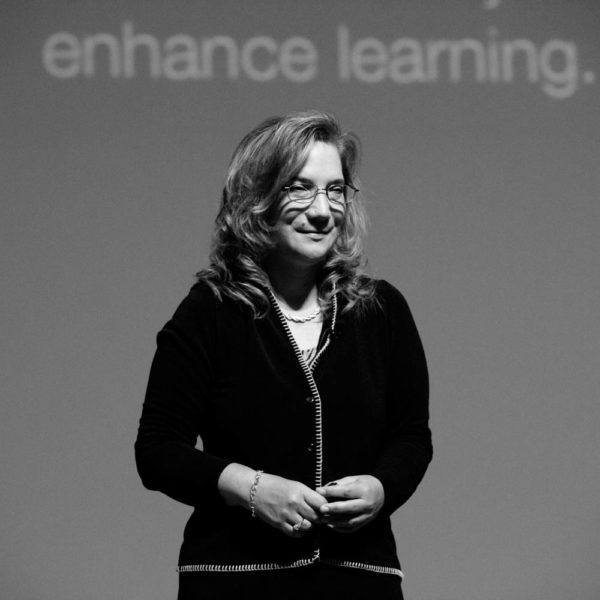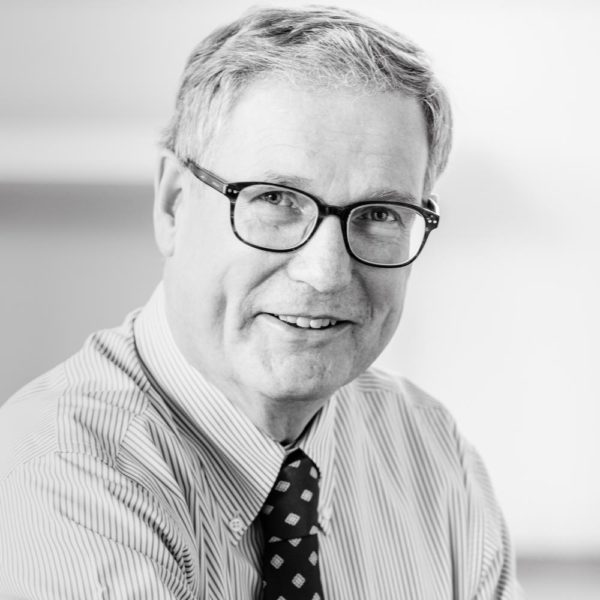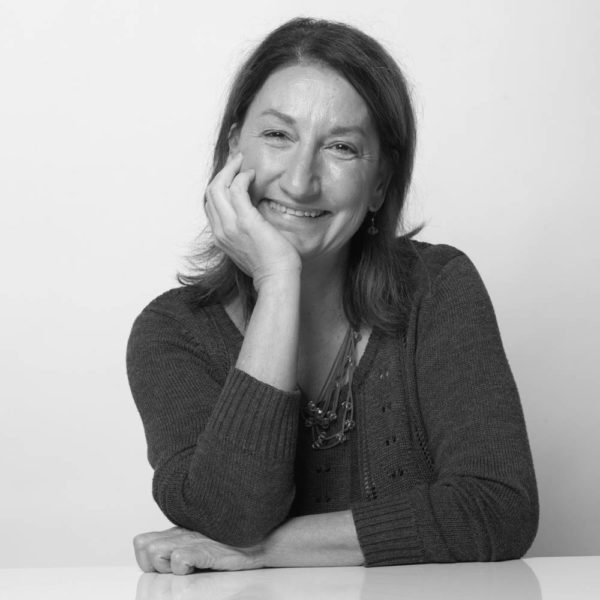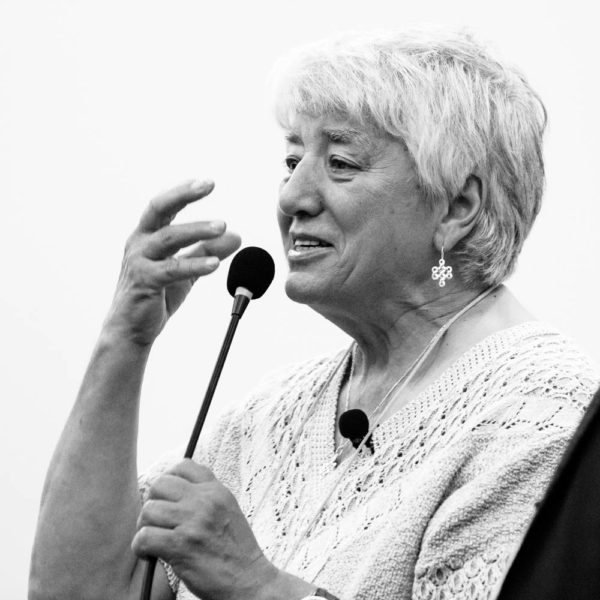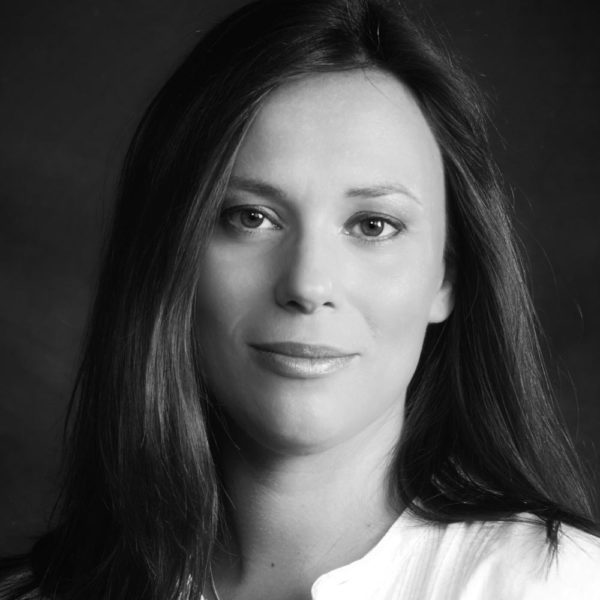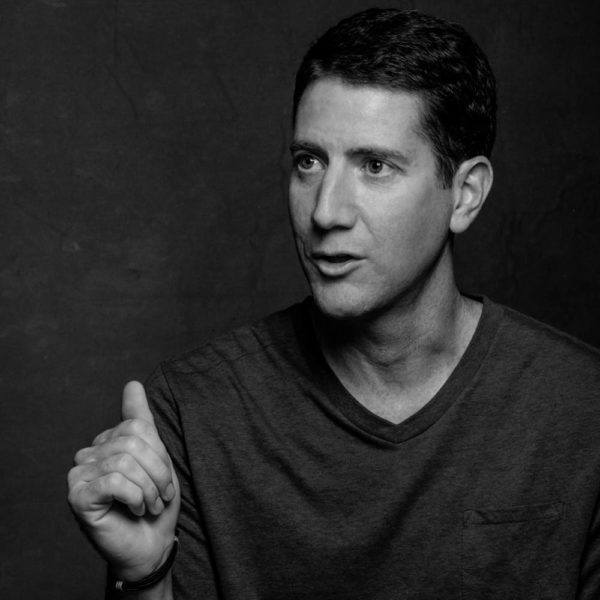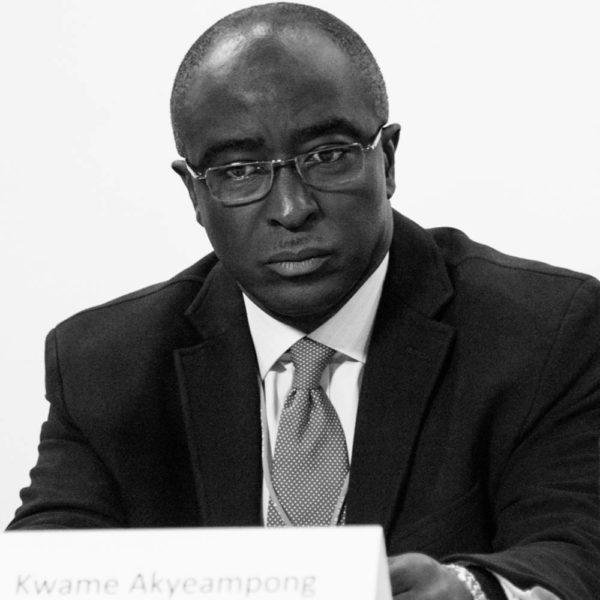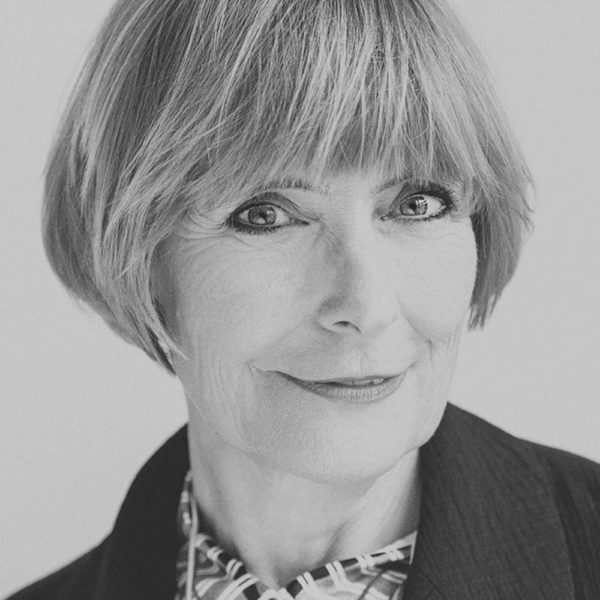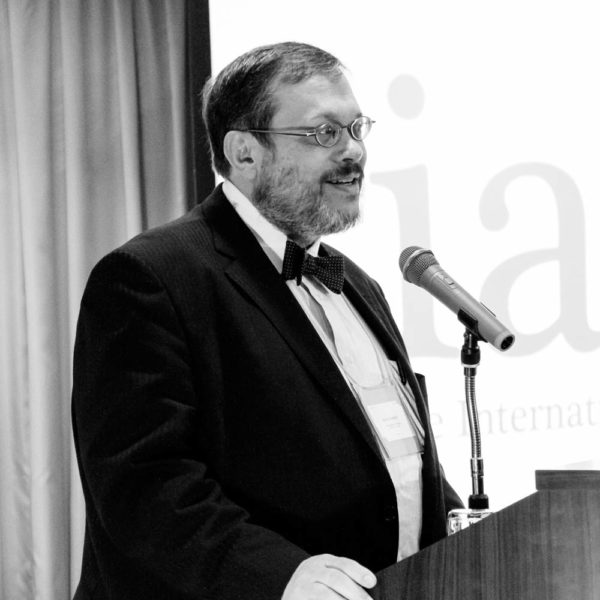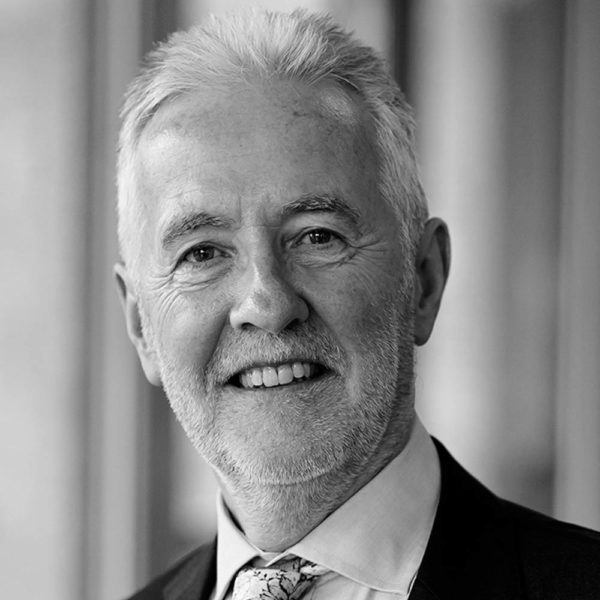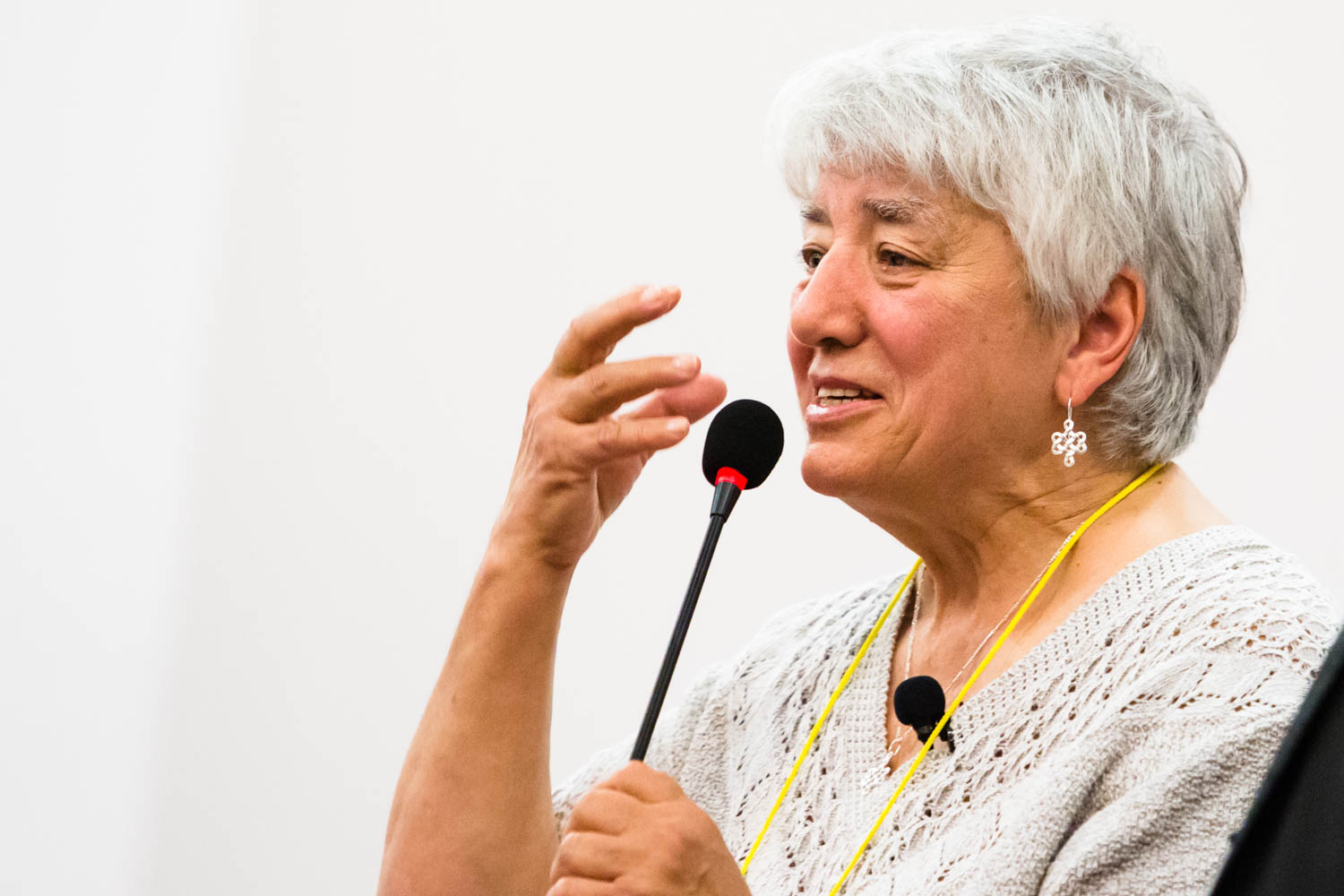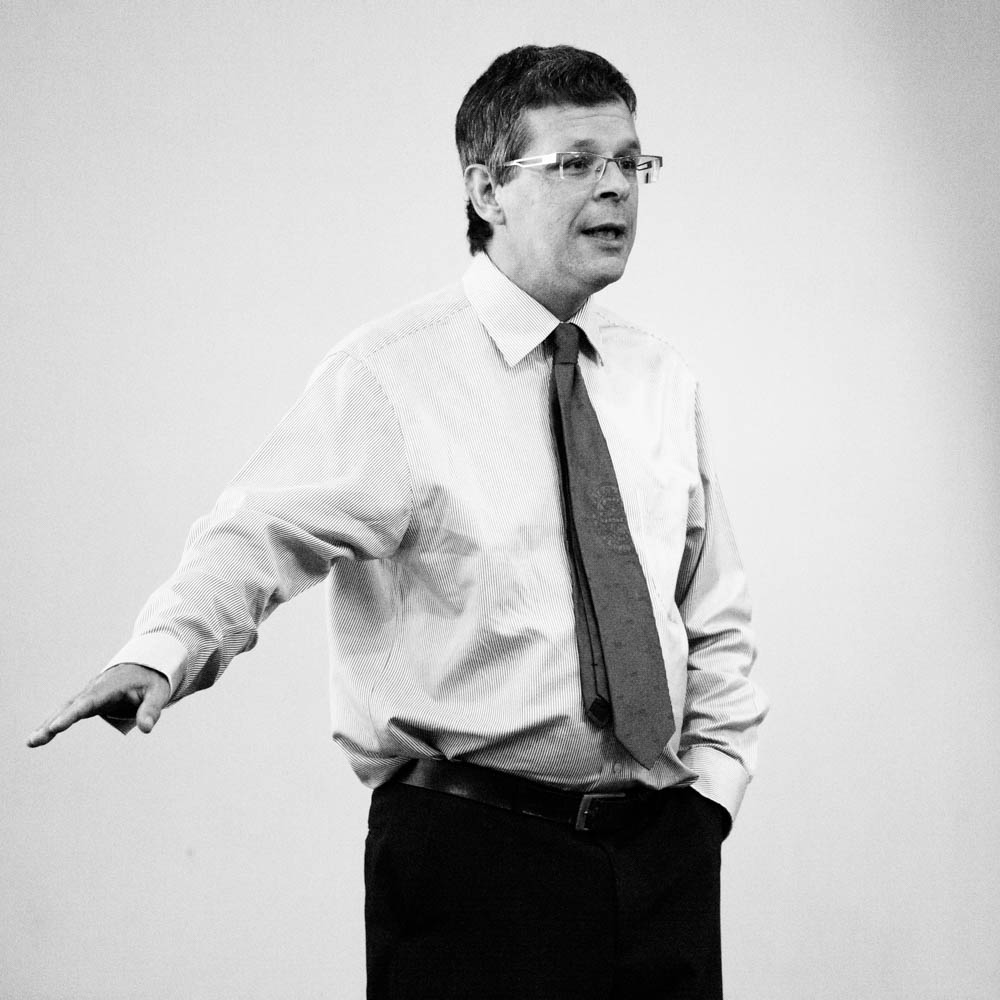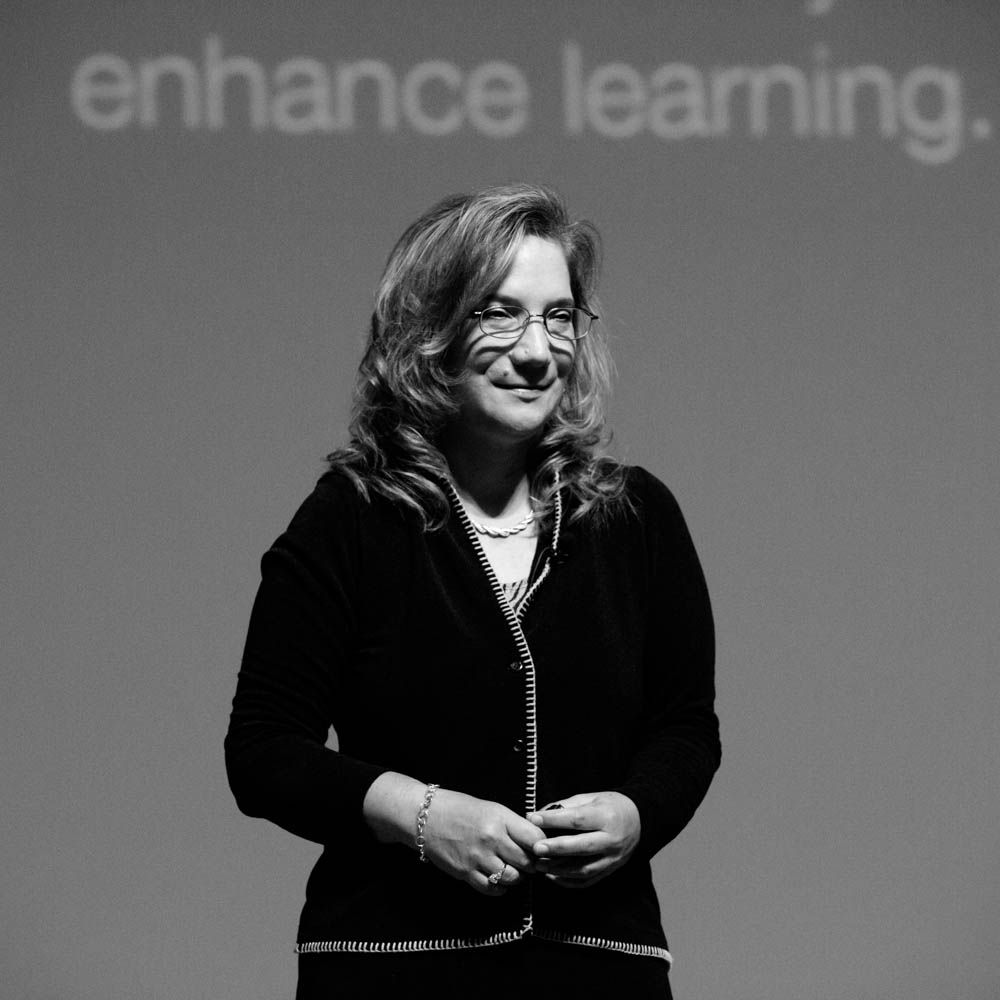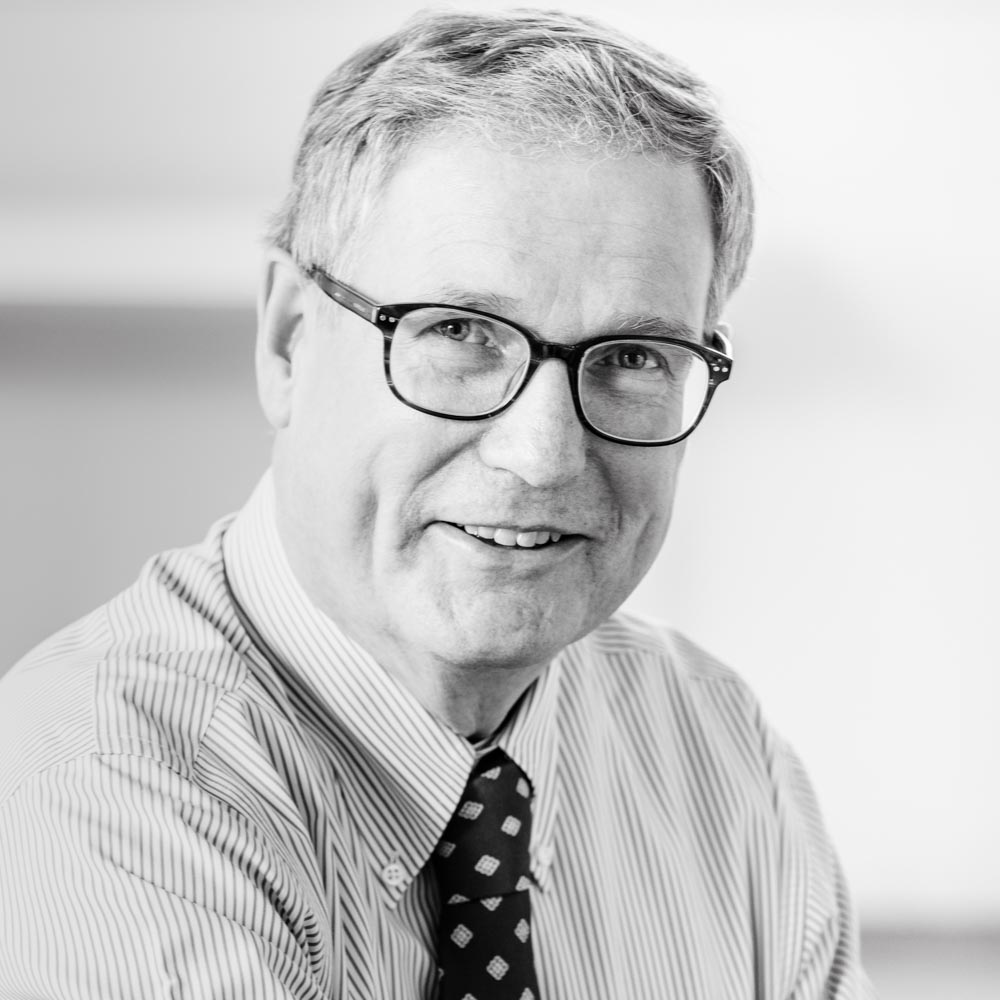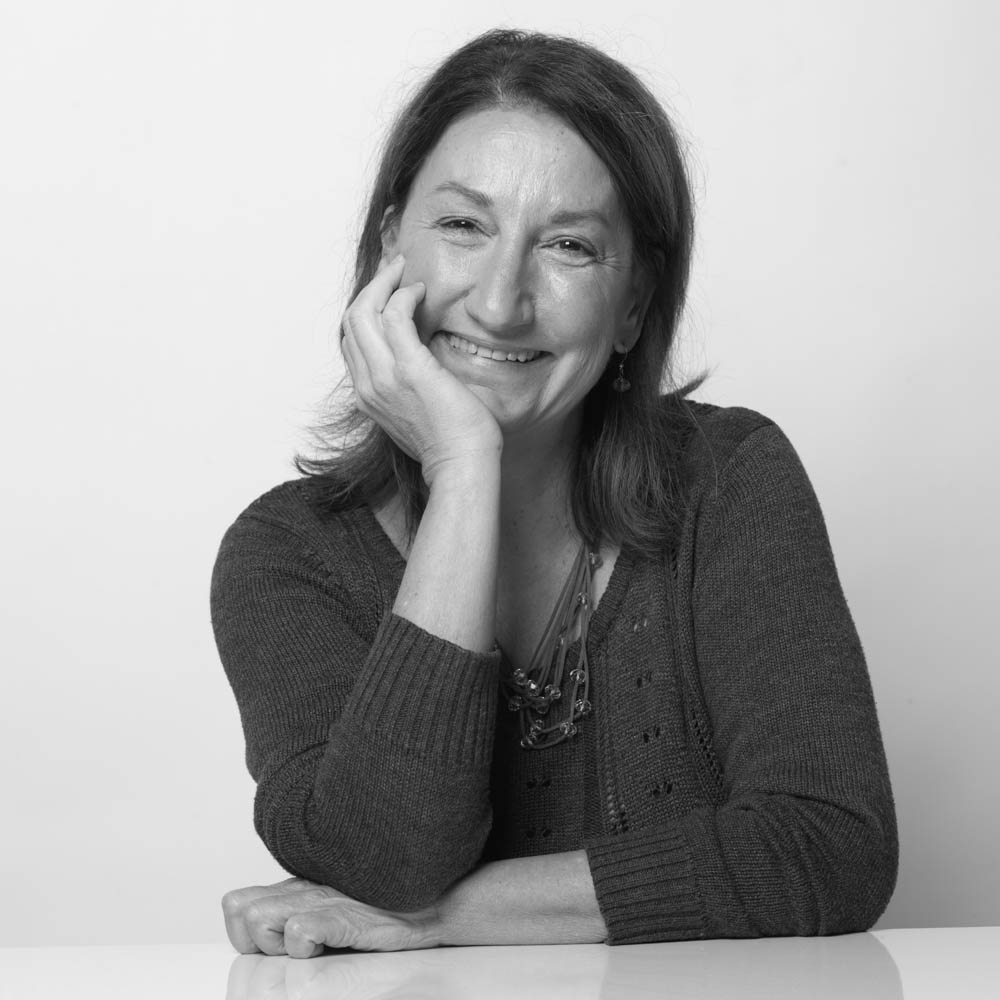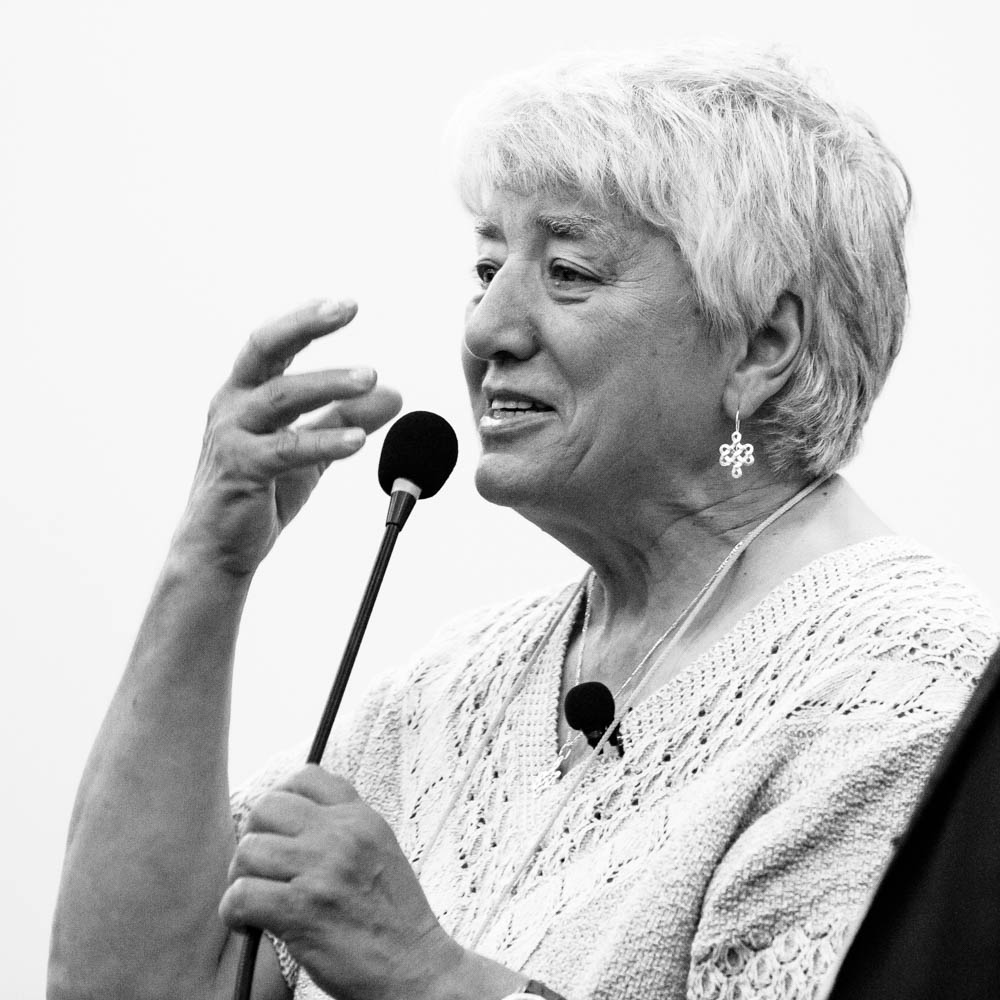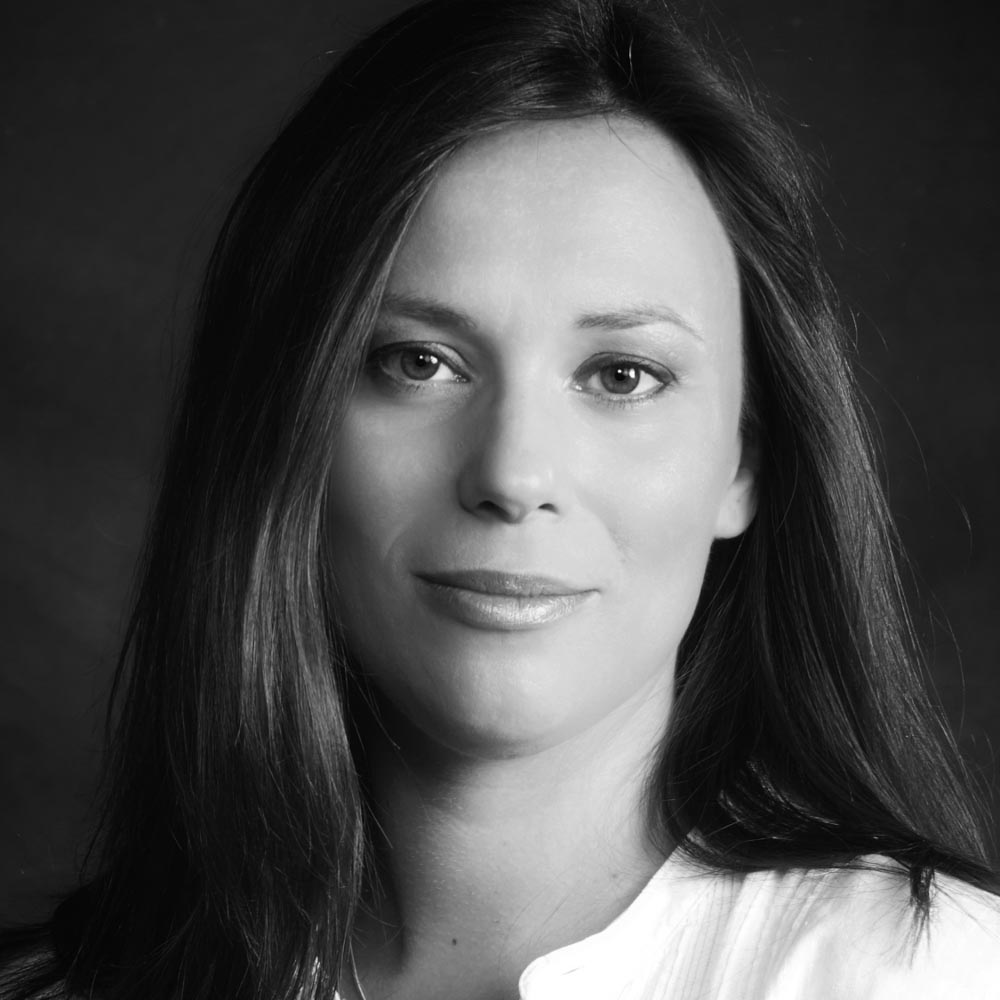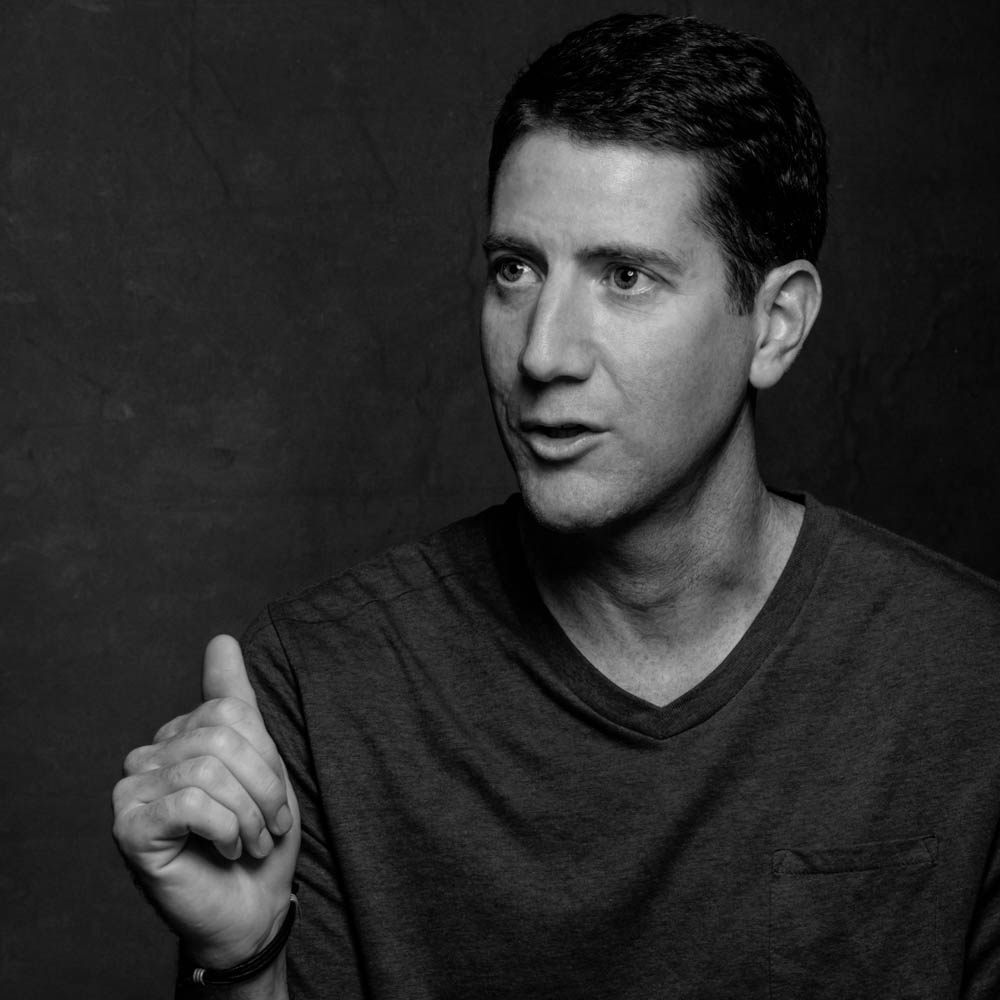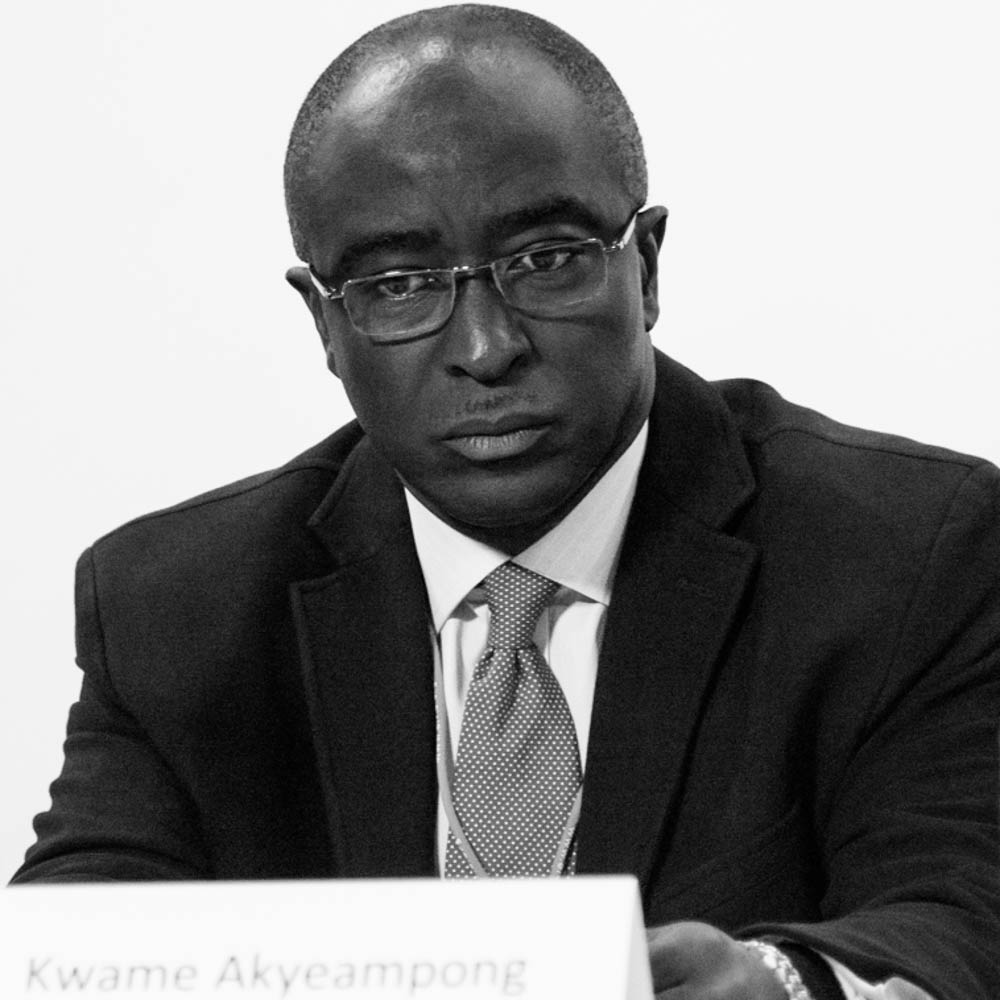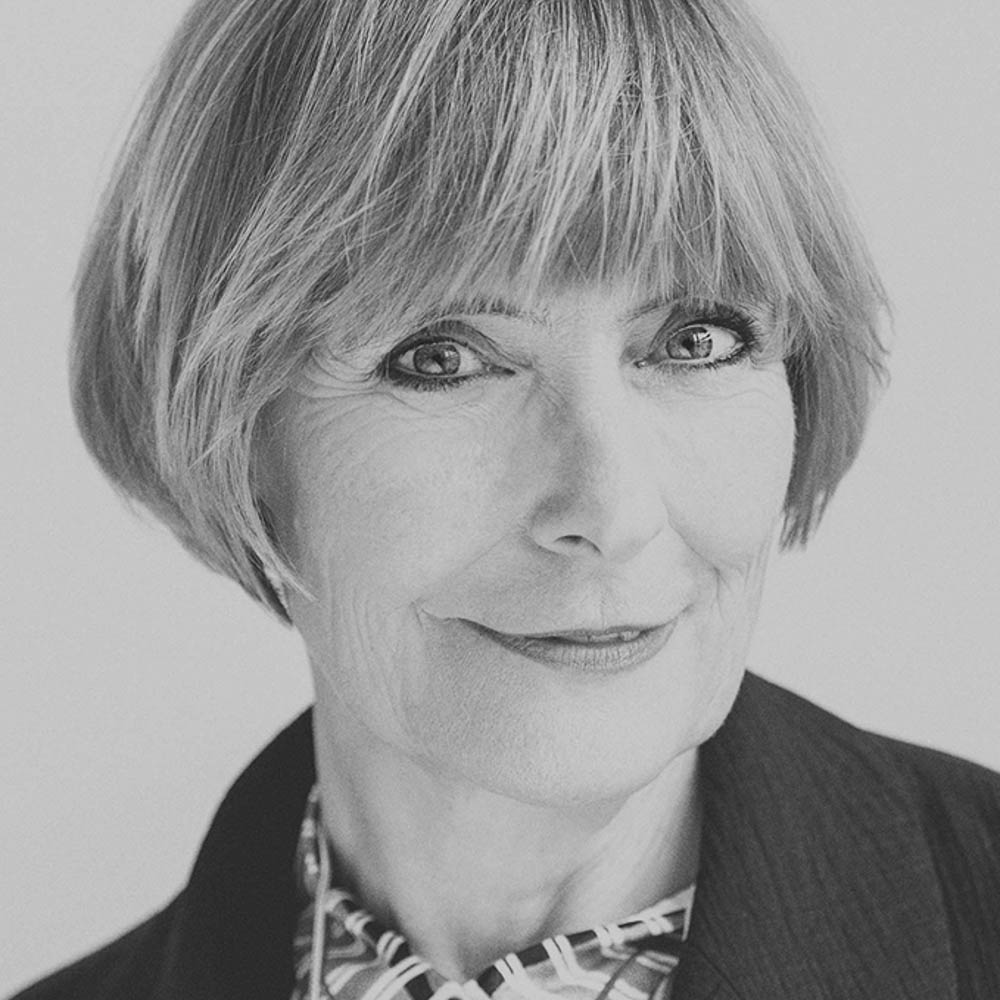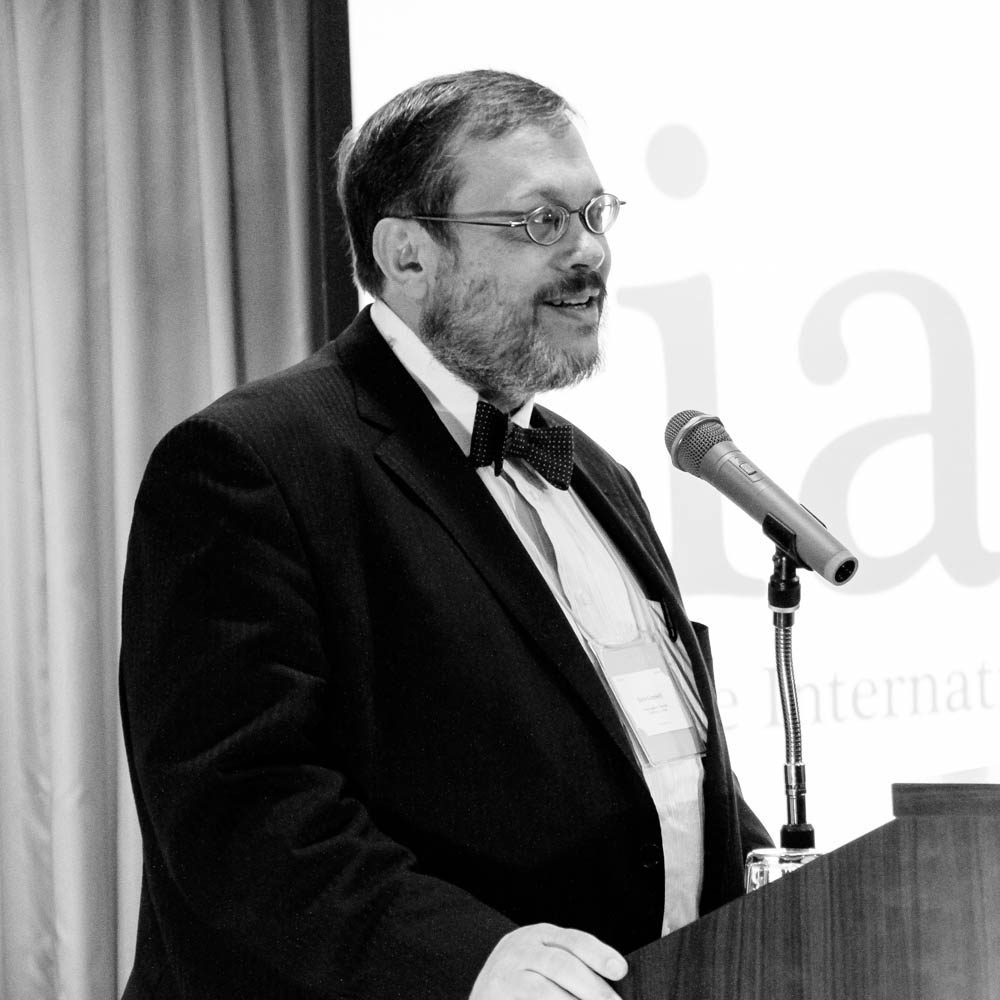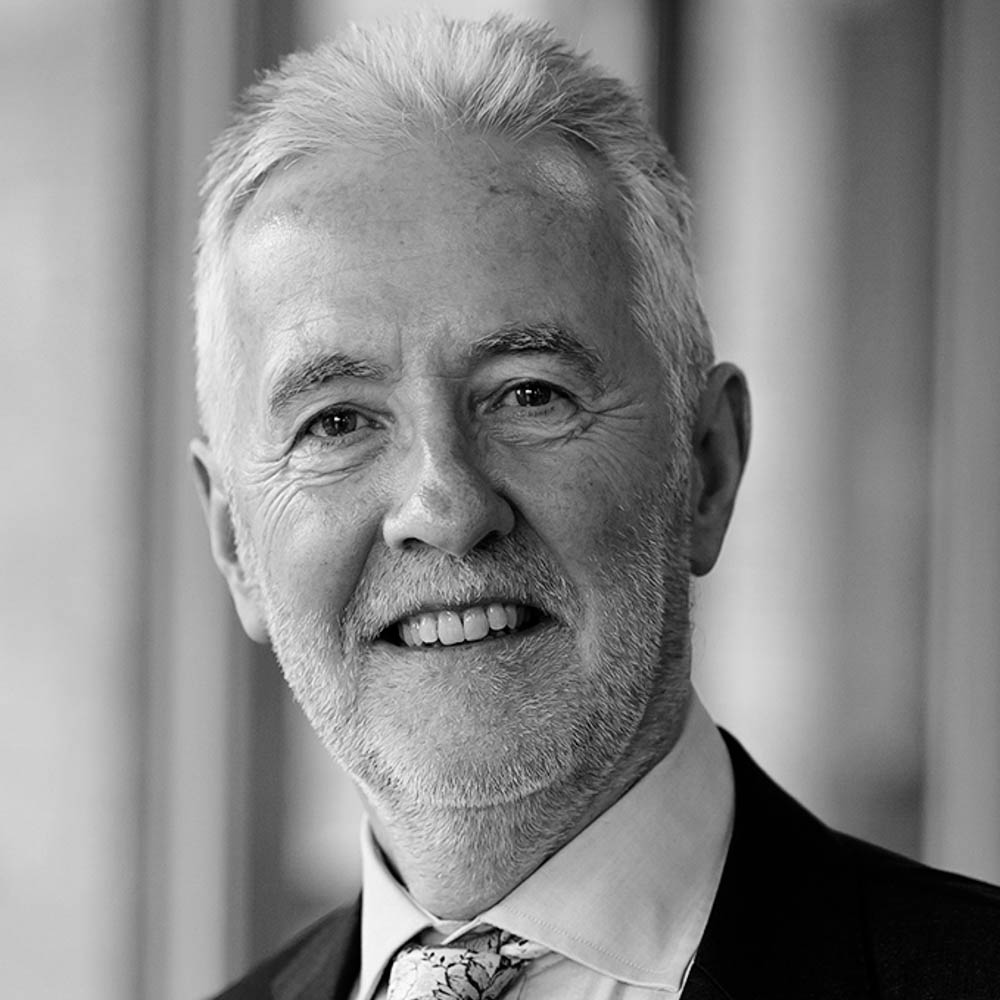“Independence & Interdependence”
July 19–21, 2019 | Birkbeck, University of London & University College London (UCL), London, UK
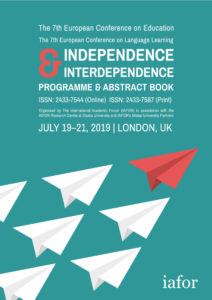
Language learning and teaching are at once highly personal and individual while also social and embedded in an ecology of inter-relationships. Independence and interdependence cannot exist without each other, so how should this tension and integration inform our academic inquiry into language learning research and practice? Research in self-regulation, self-determination, learner and teacher autonomy, and motivation for language learning is one of several ways to approach these questions, and our host country for this conference, England, is a center for such work.
This conference provides opportunities to explore psychological, theoretical and practical aspects of language learning. Whether one’s focus is the impact of technology or the integration of emotions into the classroom, we can and must all rely on each other to best serve students and support them in becoming autonomous, independent language learners who can be successful in an increasingly interconnected and interdependent world. An international, intercultural, and interdisciplinary conference such as this brings us together; to surprise, support, and learn from each other.
Photo Report
IAFOR was excited to take the seventh European conferences on Education (ECE2019) and Language Learning (ECLL2019) to the great city of London, where it was held on both Birkbeck and UCL’s IoE campuses in Bloomsbury. More than 300 academics joined IAFOR’s biggest European event, and the plenary session kicked off with Professor Thanassis Rikakis (above left), of Virginia Tech (USA), who presented on how “Transdisciplinary Knowledge Ecosystems can Advance Interdependence and Agency”, in a presentation that spoke both to IAFOR’s interdisciplinary mission, and that of the conference theme of "Independence and Interdependence". In her Keynote Presentation titled, “Challenges and Solutions to Improving Educational Outcomes”, Dr Jo Van Herwegen (above center), of the UCL IoE (UK), discussed the challenges to changing classroom practice and the importance of overcoming obstacles in order to improve education. Professor Jean Marc Dewaele, from Birkbeck, University of London (UK), delved into the psychology of learners and educators in his Keynote Presentation “The Emotional Rollercoaster Ride of Foreign Language Learners and Teachers” in which he explored the role teachers must play in guiding language learners to be more creative and effective communicators.
Above left: Professor Barbara Lockee, from Virginia Tech (USA), gave a Keynote Presentation titled “Interaction in Online Learning: A Design Paradox” on the apparent paradox of online learning being created to increase independence while educators increasingly seek ways to create interaction and interdependence in distance learning programmes. Above right: Professor Svetlana Ter-Minasova (Lomonosov Moscow State University, Russia) was interviewed by longtime friend and colleague Bruce Monk on her career as Russia’s leading public intellectual and proponent of ELT in Russia, which included reflections on the development of scholarship in the field, the differences in teaching in the Soviet Union and after its collapse, and the changes she has seen in students over her years in education.
Above: Delegates gathered for a group photo outside Birkbeck, University of London.
Programme
-
Interaction in Online Learning: A Design ParadoxKeynote Presentation: Barbara Lockee
-
Trandisciplinary Knowledge Ecosystems can Advance Interdependence and AgencyKeynote Presentation: Thanassis Rikakis
-
Challenges and Solutions to Improving Educational OutcomesKeynote Presentation: Jo Van Herwegen
-
Nation-Specific Peculiarities of Language Learning and Teaching: An InterviewSpecial Interview Presentation | Svetlana Ter-Minasova & Bruce Monk
-
Education as a Route to Independence and InterdependencePlenary Panel: Anne Boddington, Jean Marc Dewaele, Mary Stuart & Zachary Walker
-
The Emotional Rollercoaster Ride of Foreign Language Learners and TeachersKeynote Presentation: Jean-Marc Dewaele
-
Five Faces of this GenerationKeynote Presentation: Zachary Walker
-
Education as a Route to Independence and InterdependenceKeynote Presentation: Mary Stuart CBE
Speakers
-
Jean-Marc DewaeleBirkbeck, University of London, UK
-
Barbara LockeeVirginia Tech, USA
-
Bruce Monk
-
Thanassis RikakisVirginia Tech, USA
-
Mary Stuart CBEUniversity of Lincoln, UK
-
Svetlana Ter-MinasovaLomonosov Moscow State University, Russia
-
Jo Van HerwegenUCL, UK
-
Zachary WalkerUniversity College London, UK
Organising Committee
The Conference Programme Committee is composed of distinguished academics who are experts in their fields. Conference Programme Committee members may also be members of IAFOR's International Academic Board. The Organising Committee is responsible for nominating and vetting Keynote and Featured Speakers; developing the conference programme, including special workshops, panels, targeted sessions, and so forth; event outreach and promotion; recommending and attracting future Conference Programme Committee members; working with IAFOR to select PhD students and early career academics for IAFOR-funded grants and scholarships; and overseeing the reviewing of abstracts submitted to the conference.
-
Kwame AkyeampongUniversity of Sussex, UK
-
Anne BoddingtonKingston University, UK
-
Steve Cornwell (1956-2022)The International Academic Forum (IAFOR) & Osaka Jogakuin University, Japan
-
Jean-Marc DewaeleBirkbeck, University of London, UK
-
Brian HudsonUniversity of Sussex, UK
-
Joseph HaldaneThe International Academic Forum (IAFOR), Japan
-
Barbara LockeeVirginia Tech, USA
-
Zachary WalkerUniversity College London, UK
ECLL2019 Review Committee
- Dr Aliya Aimoldina, Kazakhstan Branch of Lomonosov Moscow State University, Kazakhstan
- Professor Chunlin Yao, Tianjin Chengjian University, China
- Dr Hasan Alwadi, University of Bahrain - Bahrain Teachers College, Bahrain
- Dr Joel Claassen, University of Cape Town, South Africa
- Dr Lam Nguyen, Vinh University, Vietnam
- Dr Maria Lemus-Hidalgo, Autonomous University of Aguascalientes, Mexico
- Dr Maria Nelly Gutierrez Arvizu, Universidad De Sonora, Mexico
- Dr Mohammed Nihad Ahmed, University of Mosul, Iraq
- Dr Rasha Osman Abdel Haliem, The Higher Technological Institute & AMIDEAST, Egypt
- Dr Rufaidah Kamal Abdulmajeed, College of Education For Women- Baghdad University, Iraq
